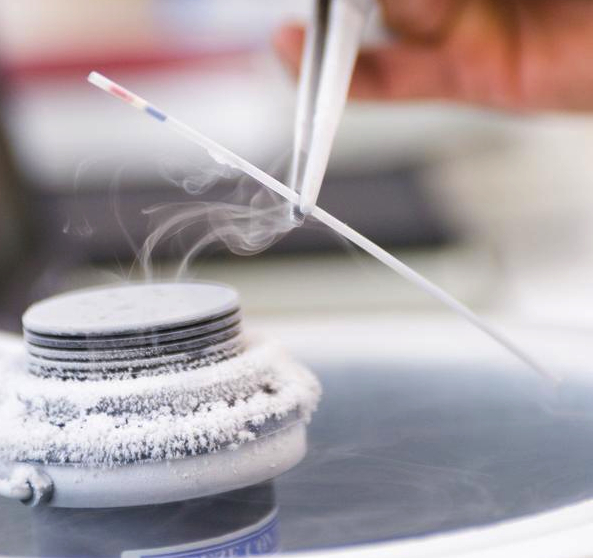Egg freezing is no longer considered “experimental” by the American Society for Reproductive Medicine (ASRM).
Last week the ASRM lifted the “experimental” designation on egg freezing. This decision was based on published studies indicating that frozen eggs worked as well as fresh eggs in young women. Safety data was also reassuring.
While it is promising to see the “experimental” designation lifted, the ASRM still maintains that egg freezing should not be used to counteract reproductive aging – in other words, those women over the age of 35 seeking fertility preservation. The reason for this stance continues to be a lack of published data on birth rates and safety in this group of women.
In 2009 I was invited by the ASRM to participate in a national debate on the “experimental” designation of egg freezing. My conclusions at that time still hold true: women who wish to counteract reproductive aging should be given the opportunity to make an informed decision on egg freezing after being counseled on the appropriate risks and alternatives and should seek advice and treatment from an experienced physician who has demonstrated births from eggs of women frozen while in their 30’s.
You can read the in-depth report released by the the ASRM about oocyte cryopreservation here.

